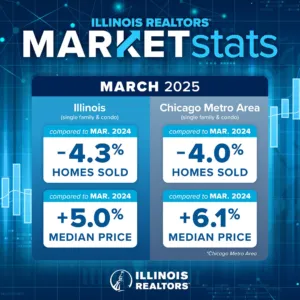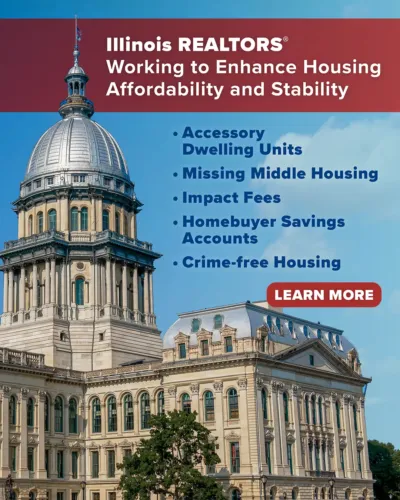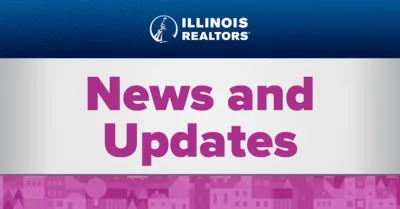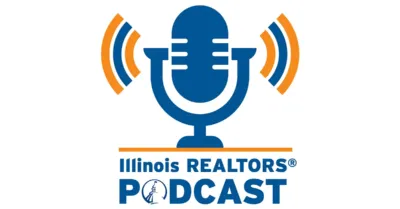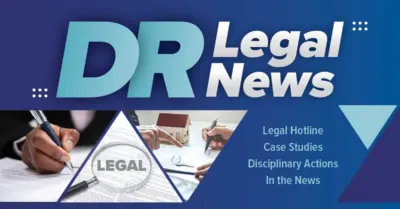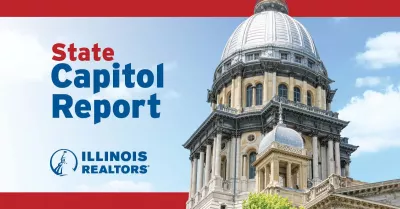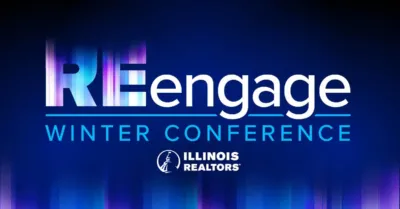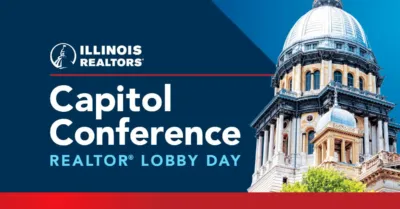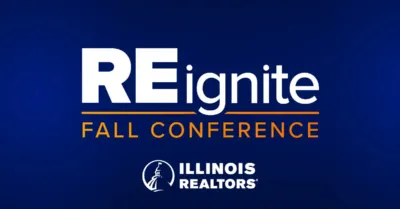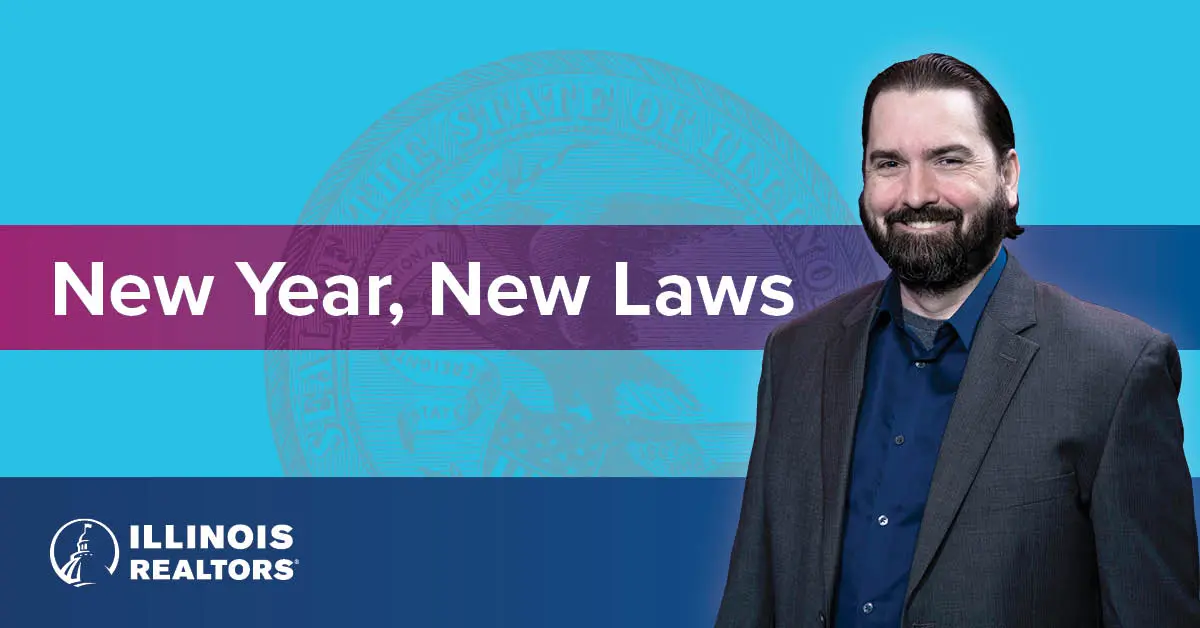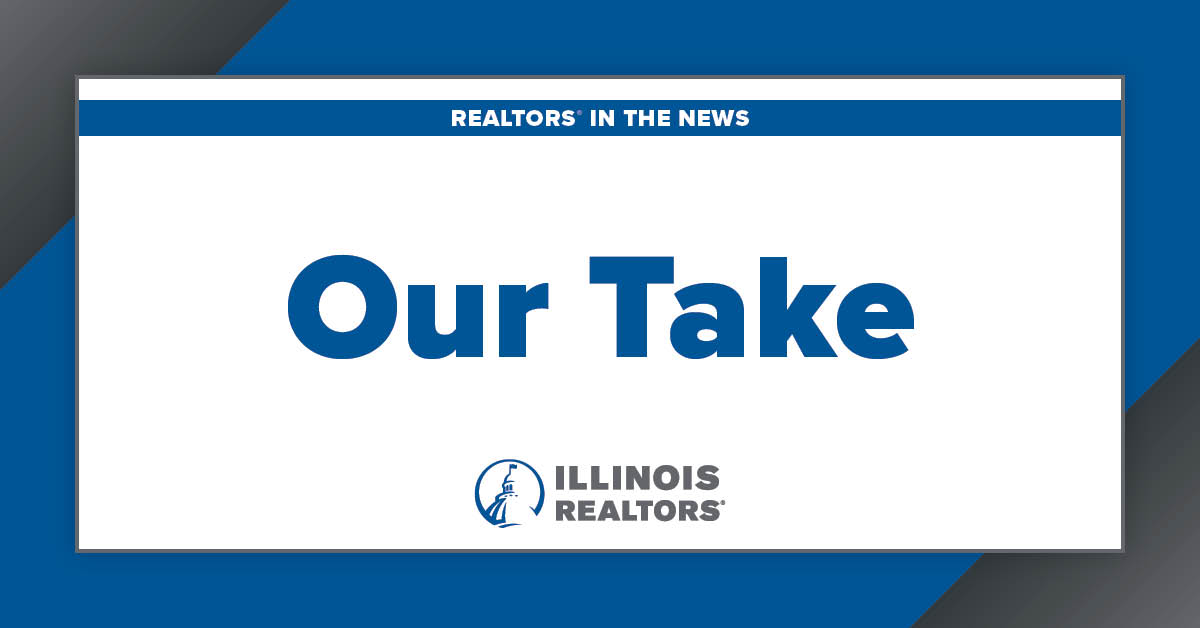Among the issues discussed during the Dec. 17 IAR Legal Webinar, “Out With (Review) the Old and In With the New,” were federal requirements for drone registrations as well as an amendment to the Illinois Security Deposit Interest Act that affects some renters’ security deposits.
Drone registration today
The commercial use of drones is prohibited by federal law unless a certificate (also known as a Section 333 Waiver) has been granted by the Federal Aviation Administration, said IAR Transaction Helpline Attorney Jeff Baker, noting the process can be expensive and time intensive. REALTORS® who want to use a commercial drone, he said, should get a certificate or hire someone who has one.
Today, most drone pilots will have to register their drones online at www.faa.gov. Registration must be by credit card and will cost $5 but rebates will be issued to those who sign up during the first 30 days.
Registration includes providing the owner’s name, home address and email address. Each owner will receive a unique identification number for his or her aircraft and the number must be marked on the drone.
Security deposit interest law changes – for some
IAR Legal Hotline Attorney Betsy Urbance said that the Security Deposit Interest Act was amended, and starting Jan. 1, Illinois landlords aren’t required to pay interest on security deposits for qualifying rental property unless the annual interest is $5 or more. If the amount is less than $5, the landlord can credit the interest to the tenant and disburse at the end of the tenancy. However, it is important for landlords and property managers to know if they live in Chicago or in another home rule community, stricter requirements may apply.
For instance, Chicago’s Residential Landlord Tenant Ordinance requires annual interest payments on security deposits to be issued to tenants even if the amount is less than $5. Urbance says landlords and property managers need to be aware of local ordinances that may be stricter.
Other news
Urbance and Baker also recapped several court decisions and answered questions from Illinois REALTORS® who participated in the webinar, while providing some advice about the TILA RESPA Integrated Disclosure changes that took effect Oct. 3. While noting that some lending institutions are taking more time since the rules became effective, and some REALTORS® may be experiencing heartburn over delays in the closing process, they’ve not heard of anything “overly catastrophic.”
They also discussed other matters that are regulated by the Consumer Financial Protection Bureau (CFPB) under RESPA, concerning affiliated business arrangements. They warned members to be sure that they are making the required written disclosures when recommending their affiliated businesses to consumers. There are very specific requirements for those written disclosures, and CFPB seems to be actively enforcing these federal rules and the potential penalties are high.
For more information on the webinar, Illinois REALTORS® can login and download recordings of the one-hour presentation. Legal webinars are a members-only benefit.

